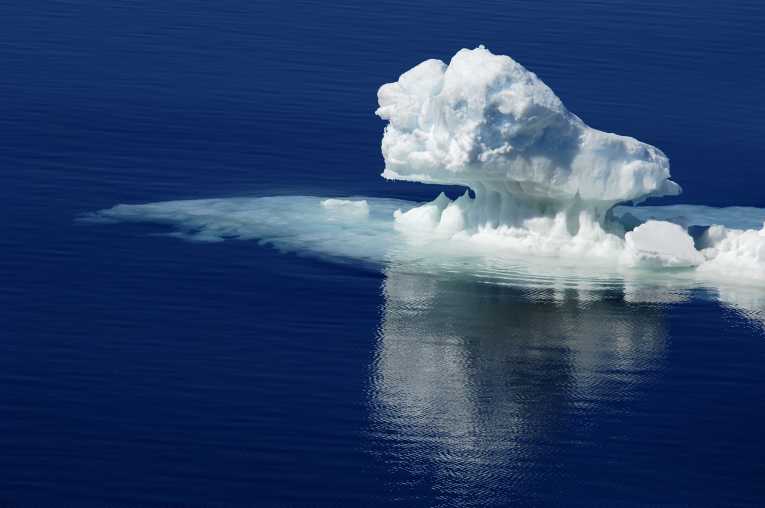Antarctica is one of the most pristine environments left on Earth, yet even here the unique ecosystem is under threat.
According to a new study by a team of scientists in the UK and the U.S., human activity is degrading Antarctica's marine ecosystems, placing native species under increasing pressure and upsetting the delicate balance of this exceptional region.
The new study is published this week in Annals of the New York Academy of Sciences.
The team extensively reviewed the impacts of a wide range of human activities on the ecosystems of Antarctica, and identified a multitude of threats at the local, regional and global scale.
Hunting of top predators, overexploitation of fish stocks, and the effects of tourism and pollution, were all identified by the researchers as historical and ongoing human activities that have damaged or changed food webs over recent decades.
Many of these impacts can be relatively localised and managed under the existing Antarctic Treaty System. However, global threats are posing a much bigger challenge and are unlikely to be mitigated under existing systems.
Among the global threats, the researchers highlighted the depletion of atmospheric ozone (O3), the establishment of non-native species by colonisation or accidental introduction, rising sea temperatures, and ocean acidification.
Ocean acidification was noted as a particularly serious threat, and the authors likened the Southern Ocean to 'the canary in the coal mine' with respect to its effects. Organisms living in Polar Regions are uniquely vulnerable to the effects of ocean acidification because only very low concentrations of calcium carbonate is dissolved in the water column. This hinders the ability of organisms such as molluscs, sea urchins, coralline algae and cold-water corals to produce their calcified shells and skeletons, affecting their survival. Ocean acidification is also likely to profoundly alter the Antarctic food chain at all levels.
According to the study, global climate change caused by human emissions of carbon dioxide and other greenhouse gases is likely to affect the entire Antarctic region for the foreseeable future. The impacts could be potentially irreversible.
Human activities are exacerbating existing problems and creating new threats, but the authors of the study clearly demonstrate that there are multiple causal factors involved in damaging the health of marine systems in Antarctica. They highlight the need to understand the relative importance of how these factors interact in relation to each other, and urge that simultaneous action at local, regional and global scales is needed if we are to halt the damage being done to Antarctica's unique marine ecosystem.










